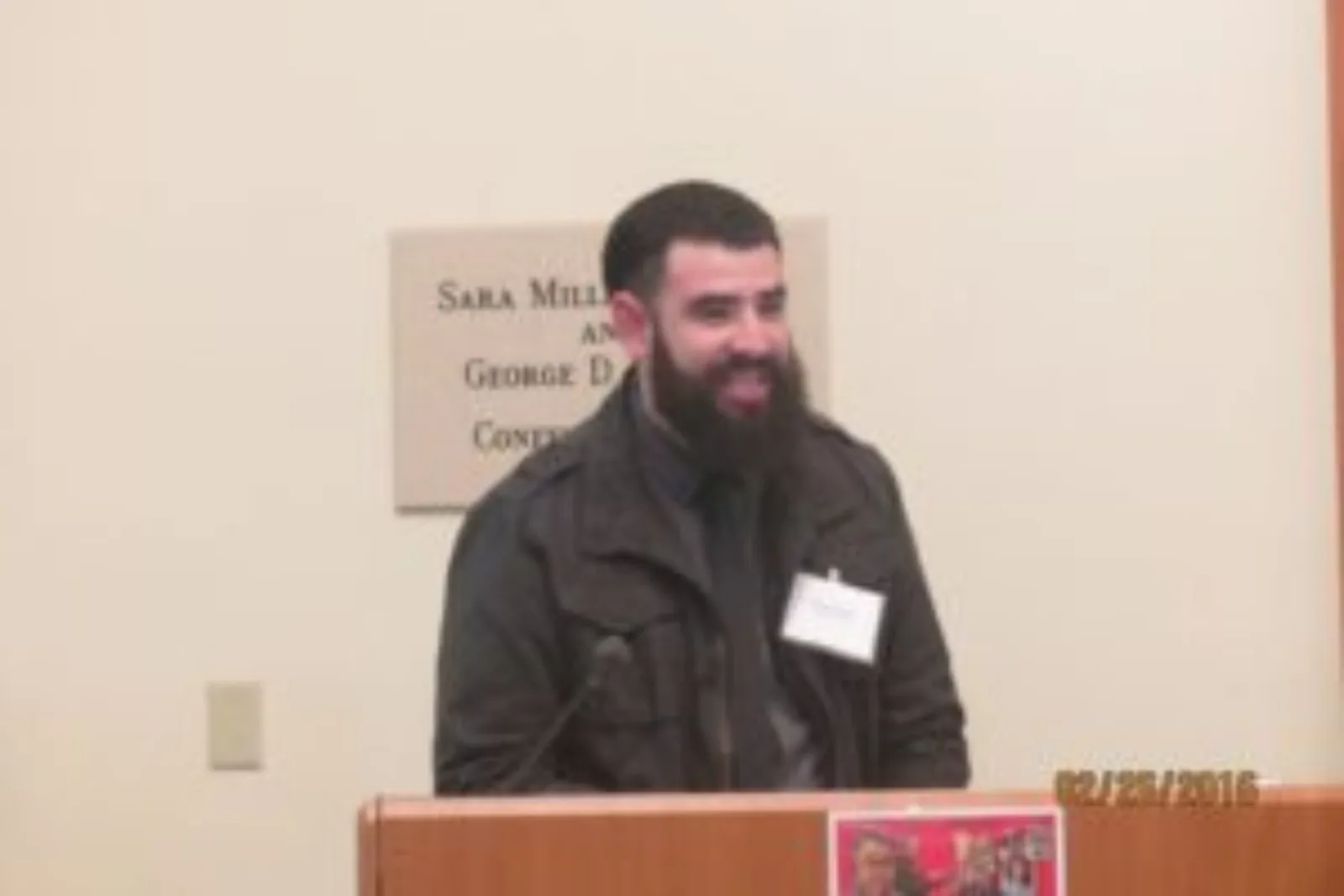Puerto Rican Nationalists, Communists, and the Harlem Ashram: Anti-colonialism in New York City in the 1940s, Margaret Power
In the 1940s, the Communist Party USA (CPUSA), the pro-independence Puerto Rican Nationalist Party (PRNP), and the pacifist Harlem Ashram operated out of New York City and shared anti-colonial politics. This paper explores each group’s politics and the political connections and personal relationships that developed between the organizations and CPUSA leader Earl Browder and PRNP leaders Pedro Albizu Campos and Juan Antonio Corretjer, who had been imprisoned together in Atlanta Federal Penitentiary; and between the PRNP and Ruth Reynolds, Thelma Mielke, Ralph Templin, and Jay Holmes Smith, members of the Harlem Ashram.
“Smash the Bakke Decision! Down with Imperialism! End National Oppression:” Communists and the Fight for Affirmative Action and Ethnic Studies, 1976-1990, Eddie Bonilla
This paper explores how communists crossed-racial lines to create a multi-national and working-class organization known as the Anti-Bakke Decision Coalition to mobilize communities for the struggles of equal access to higher education. They tied the protests against Bakke (1978) with the struggles of the “Third World” and the oppression facing workers and women in the U.S. The movement united people of all nationalities to fight for the struggles for the creation of Ethnic Studies. This paper analyzes how Chicana/o, Asian American, and African American communists worked together to bring attention to the importance of affirmative action and Ethnic Studies.
Respondent: Cristian Paredes, Loyola University Chicago
